Cold Mountain
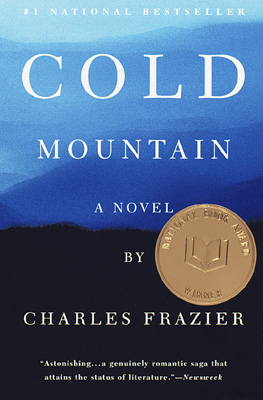 Cold Mountain by Charles Frazier (1997). Frazier won the National Book Award for Fiction for his first novel, set in North Carolina during the Civil War. In rich language that evokes his nineteenth-century landscape, Frazier tells two interconnected stories exploring the themes of love and war and the natural world.
Cold Mountain by Charles Frazier (1997). Frazier won the National Book Award for Fiction for his first novel, set in North Carolina during the Civil War. In rich language that evokes his nineteenth-century landscape, Frazier tells two interconnected stories exploring the themes of love and war and the natural world.
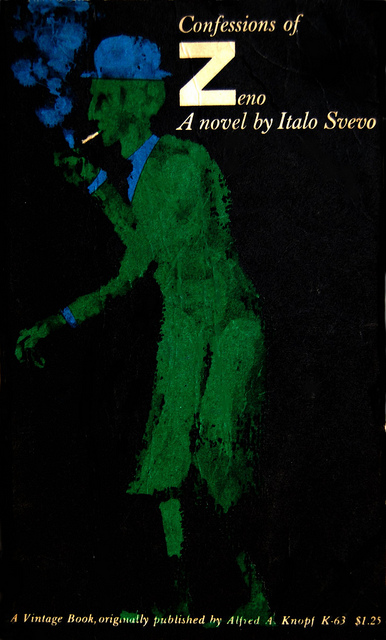 Confessions of Zeno
Confessions of Zeno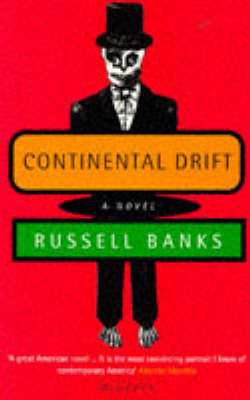 Continental Drift
Continental Drift Correction
Correction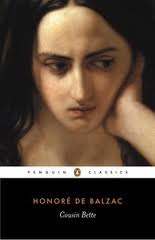 Cousin Bette
Cousin Bette Crime and Punishment
Crime and Punishment Cry, the Beloved Country
Cry, the Beloved Country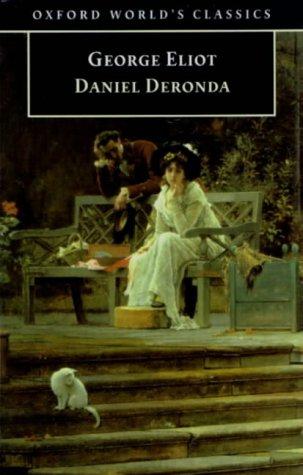 Daniel Deronda
Daniel Deronda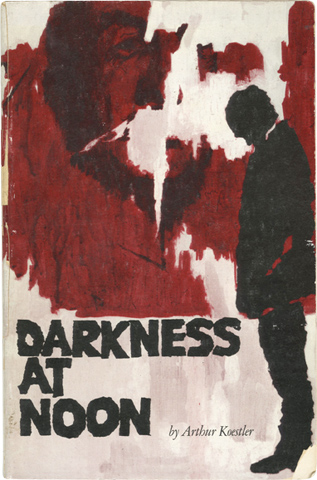 Darkness at Noon
Darkness at Noon David Copperfield
David Copperfield